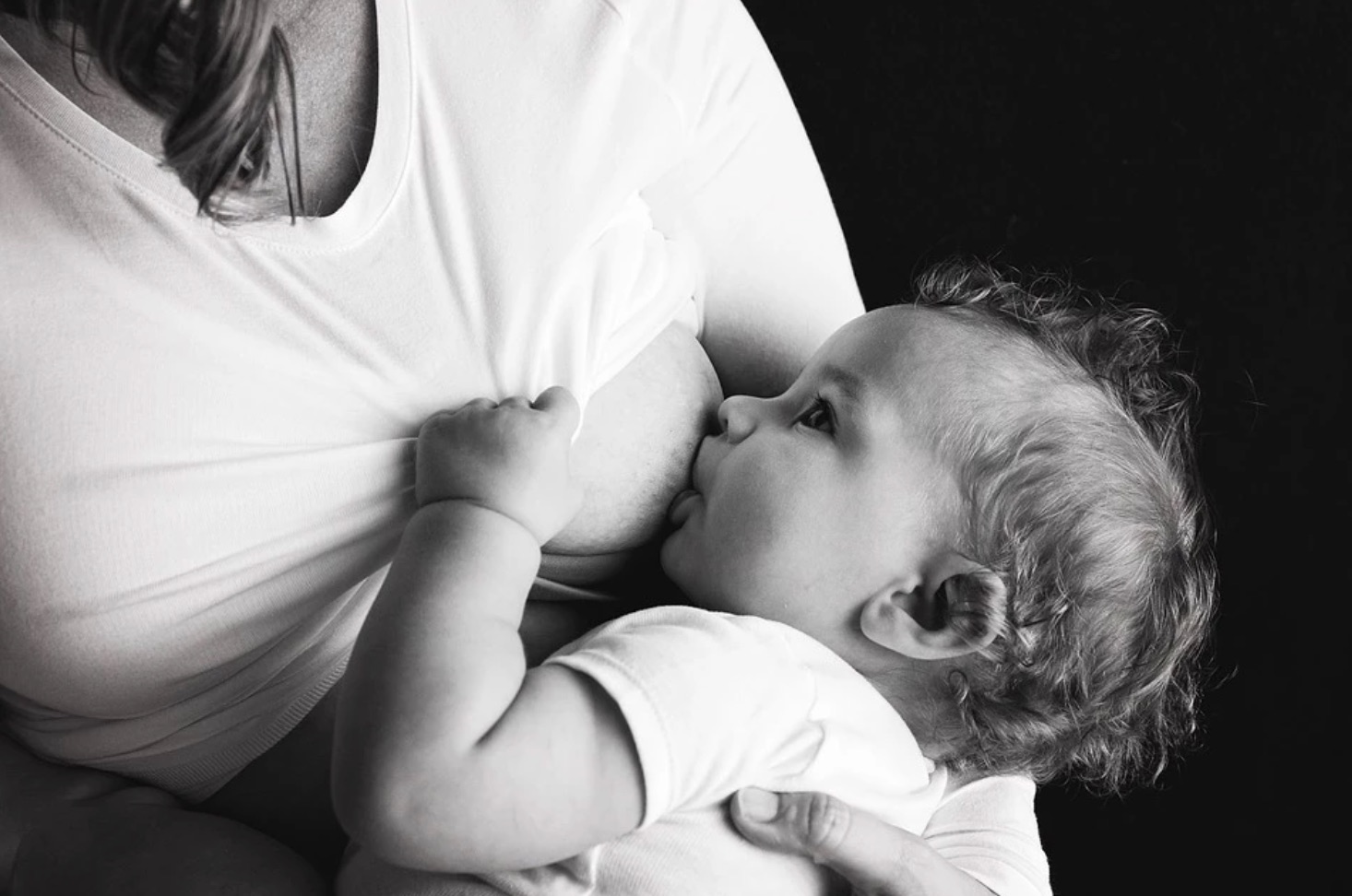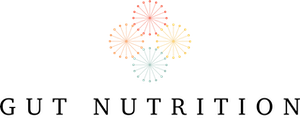
The composition of breastmilk changes throughout the infant’s life adapting to the infant’s needs. Even a premature baby will receive different milk from a full-term baby. This means that the baby will get what it needs at the time that it requires it.
Formula milk tries to replace the nutritional content of breast milk looking at proteins, fats, vitamins and minerals for example. However, if you delve deeper into breastmilk there’s a whole host of other things that breast milk contains to promote a healthy gut, brain development and immune system.
Nutritional Components of Breast Milk:
Colostrum is the first milk that comes in but it is only produced in small amounts at any one time. This can worry mothers as they think their baby needs more food. A new born baby’s stomach is so small (about the size of a grape), when they are born that they don’t need a lot of food at any one time. Colostrum is your baby’s superfood as it is so densely packed with nutrients providing the baby with just what it needs. That is why only small amounts of colostrum are produced as this is the right amount for the baby’s small stomach at this stage of it’s development.
At about day 3, the infants stomach grows to about the size of a fist and mature milk floods in.
Human milk is easy to digest as it contains whey protein (about 60%), which is easy for the baby to digest. Compare this to cow’s milk which contains only 20% whey protein.
Breastmilk reduces constipation as it has laxative qualities. This helps the baby to excrete meconium (new born tar-like poop) helping to get it out of their system.
Contains healthy bacteria that inhibits the growth of bad bacteria in the intestinal tract. Breast milk promotes the colonisation of a healthy microbiome, which we now know is critical for both short and long term health.
Higher bioavailability of nutrients. This means that the nutrients are in a form that our body can easily absorb and use. Formula milk may contain all the vitamins and minerals but may not be in the most bio-available form and therefore the body is not able to digest, absorb and use them as effectively. Breast milk may contain a lower quantity of vitamins and minerals than formula but it is in a form that the body can actually use.
Immunological Components of Breast Milk:
– Secretory Immunoglobulin A (SIgA) coats the lining of the digestive tract preventing bacteria or viruses from attaching
– Antioxidants supports the immune system
– Lactoferrin binds to iron making it less available for bacteria to survive on
– White Blood Cells provide immune protection
– Proteins have a natural antibiotic effect binding to bacteria which are then eliminated from the body
– Antibodies fight off foreign antigens
– Hormones help to develop the thymus gland which is so vitally important in the development of the immune system. Infants who are breast fed have a larger thymus, which helps their immune system grow even after breastfeeding has stopped.
– Probiotics prevent other infectious pathogens and diseases taking hold
Benefits of Breastfeeding for the Mother:
– Sense of empowerment in being able to do something for your baby that only you can do
– Decreases the risk of osteoporosis
– More likely to lose pregnancy weight faster. However, I do not recommend fat loss diets whilst breastfeeding as toxins are stored in fat cells to protect us from then. These toxins enter circulation once fat is metabolised and end up in the breast milk so it is not a good idea to be on a strict fat loss diet or detox whilst breastfeeding. Let it happen gradually and naturally.
– Decreases risk of breast, uterine and ovarian cancer.
– Oxytocin is produced which helps the uterus to shrink and contract reducing bleeding. This hormone also has a calming effect on the mother.
Tips for Mums:
1. A lot of mothers can feel they are not producing enough milk, but you most likely are. The majority of women are able to produce adequate supplies. Remember that during the first few days the amount of milk will be small but the baby’s stomach is also so small. The colostrum milk will be highly nutritious and therefore only needed in small quantities in the initial stages.
2. The more you breastfeed the more milk you will supply. It is one of the few positive feedback loops in the human body!
3. Drink plenty of water and look for professional nutrition advice whilst breastfeeding.
4. The first few weeks of breastfeeding are critical so begin feeding as soon as possible after birth. Your baby’s suckling instinct will also be strongest at this time so you have a greater chance of successful breastfeeding throughout. The early milk called colostrum is full of antibodies beneficial to your baby’s immune system.
5. The milk will gradually change in colour and consistency from a thick yellow to a thinner whitish colour.
6. Planning for successful breastfeeding before your baby is born can be really helpful, you can do this through breastfeeding classes.
7. Remember a lot of women struggle with breastfeeding and worry whether they are doing it right and whether their baby is getting enough milk. You are not alone. Reach out to friends, family, midwives for advice or seek alternative professional advice before your baby is born.
8. Watch this video to see how best to get your baby to latch on http://bit.ly/2Ah6ocZ
I hope this blog post gives you more of an insight into the benefits of breastfeeding. If you would like any nutritional advice pre, during or post pregnancy then please get in touch with me at naomi@gutnutrition.co.uk
